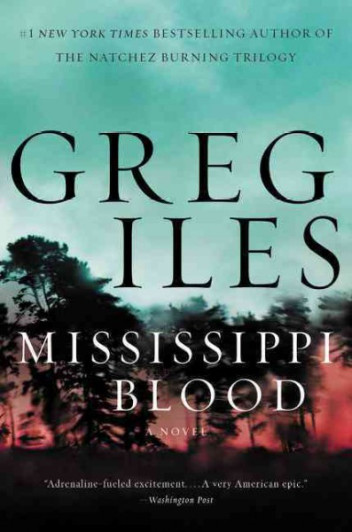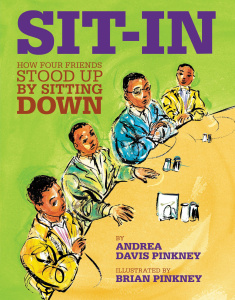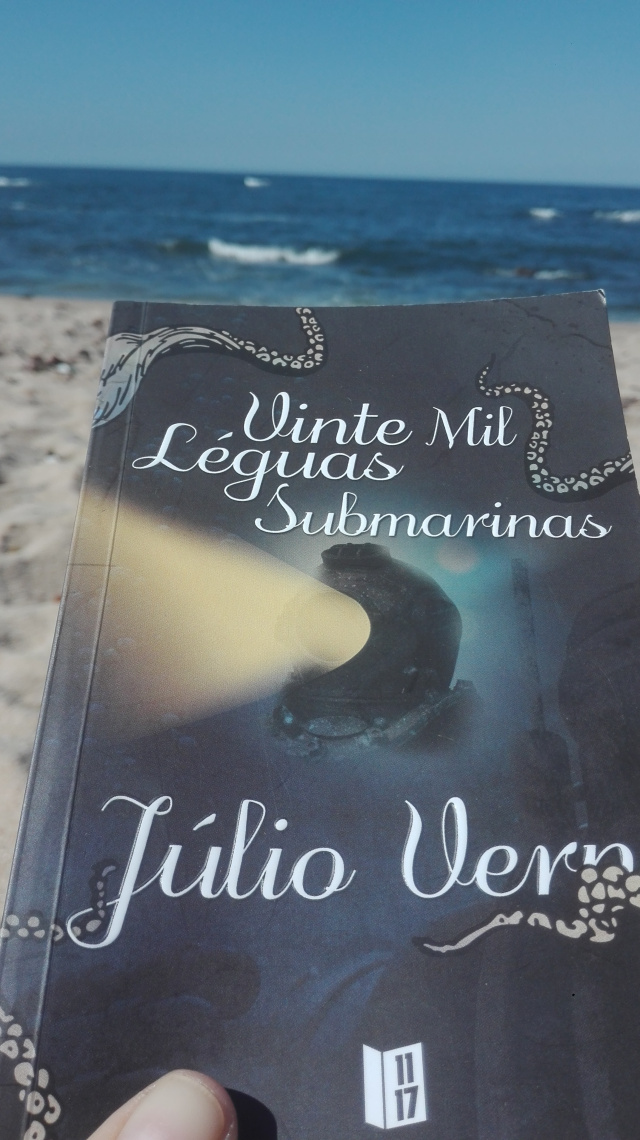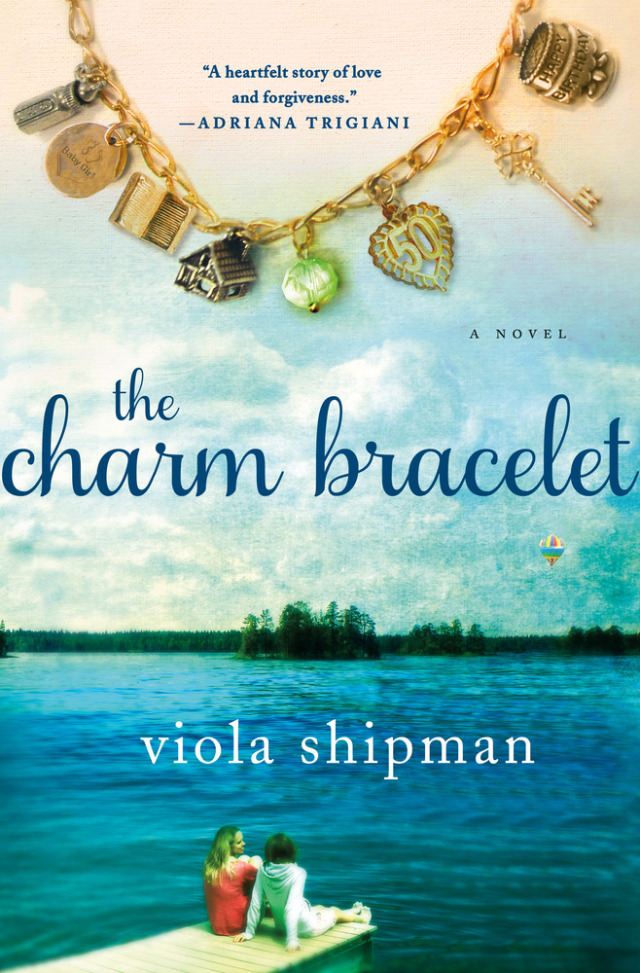This article appears on paperbackparis.com:
There are several authors whose work I keep returning to in times of acute anxiety, which is more often than I care to admit these days.
When I’m not thinking about nuclear annihilation, escalating racial tension, hurricanes and natural disasters striking with alarming frequency, and our broken capitalist system, I find myself facing smaller anxieties—the very stuff of my personality. The only reprieve is a set routine that keeps me grounded.
But when faced with simple tasks that enter the wrong side of my wormy brain, I find that I can’t breathe properly; my blood pressure rises; I have to walk around briskly to catch ahold of myself.
Sometimes I think about those larger cataclysms in order to keep my mind off of the smaller ones—the nagging bits of daily life that keep me pinioned to solitude. Little heartbreaks aren’t so bad when I think about the state I live in—and the entire East Coast—being swallowed by the ocean. When I’m feeling especially blue about my crippling social dysfunction, I think about the planes that land at the Air Force Base near my house during odd hours, which 1) make me think of nuclear war, but 2) are actually carrying the bodies of dead soldiers.
Then I think of my parents firmly telling me to pull myself together because people like us have shit to do. My world, after all, was not as tough as theirs.
It’s a lot of give and take.
Many of us have brains that bend towards bleakness naturally, and these unsettling times don’t help. When the above-mentioned periods of recursive, claustrophobic thinking become overwhelming, I turn to the authors who have worked through their own fear, paranoia, and anxiety to construct great essays and pieces of fiction. It’s also helpful to explore the work of writer’s whose concision is so pointed it rearranges the brain’s neurons into an organized stream. Literature has, and always will be, the only real solace we have.
Here are just a few of the authors I’ve been reading:
1. Virginia Woolf
ShareTweet
Creative CommonsMuch can be said about this giant of the literary canon. Virginia Woolf‘s work is characterized by vibrant prose and the methodical exploration of her character’s lives. Her sentences are so complex, so nuanced, they seem sturdy and tenuous simultaneously. The goal is to show the mind as it is through stream of consciousness, drawing attention to the myriad thoughts that flicker through people on a daily basis. The plot plays second fiddle to her characters’ minds. After all, it doesn’t matter that Mrs. Dalloway is buying the flowers herself; it matters that she is stepping out in search of something.
“You look, eat, smile, are bored, pleased, annoyed — that is all I know. Yet this shadow which has sat by me for an hour or two, this mask from which peep two eyes, has power to drive me back, to pinion me down among all those other faces, to shut me in a hot room; to send me dashing like a moth from candle to candle.” —from The Waves
Woolf’s particular style of writing mirrors the frenzy and passion of an anxious mind because it takes into account every sensory input, every stray thought. Her 1931 novel, The Waves, is a particular favorite of mine. It’s experimentation yields an array of emotion and imagery that soothes my brain to the point where my only functioning thoughts are completely wrapped up in her prose.
2. Lorrie Moore
ShareTweet
Credit: Linda Nylind / (Pictured: Lorrie Moore)Lorrie Moore‘s short stories are so good, they make me blush with envy every time I open one of her collections. When one of my high school English teachers had our class read “How” from her collection Self-Help, it was the end all, be all for me. At that time, I’d only experienced the systematic breakdown of one romance and a whole lot of unrequited pining. These were teenage heartbreaks, of course, but they meant a lot at the time.
At seventeen, “How” felt like the greatest series of truths about love ever put down on paper. That feeling hasn’t faded.
It resonates, perhaps, because the little anxieties Moore highlights in the story are the same ones that keep one from acting like a normal human being in public…which tends to preclude romance. Reading about people who have the same modes of thinking–people who keep love and affection at bay because of their neuroses–casts feelings of solitude in the face of love into perspective, making them slightly less daunting.
“Wake up one morning with a man you had thought you’d spend your life with, and realize, a rock in your gut, that you don’t even like him. Spend a weepy afternoon in his bathroom, not coming out when he knocks. You can no longer trust your affections. People and places you think you love may be people and places you hate.” —from “How”
3. Junot Díaz
ShareTweet
Junot DiazMy obsession with The Brief Wondrous Life of Oscar Wao is no secret. From time to time, I’ll grab it off my bookshelf just to read sections out loud, reminding myself just how powerful the narrative is. These days, I’ve been listening to the Audible narration by Lin—Manuel Miranda and Karen Olivo. I’m unashamed to say I’ve listened to it three whole times in the past two months. Driving around and listening to this story of an overweight Dominican nerd who falls in love at the drop of a hat but who has no chance of ever being loved in return hits close to home.
“— Nothing else has any efficacy, I might as well be myself.
— But your yourself sucks!
— It is, lamentably, all I have.” — from Oscar Wao
Junot Díaz‘s narrative speaks to a deeper cultural anxiety. Despite being Dominican on paper–a product of the great Dominican diaspora–Oscar is ostracized for his nerdiness, his unattractiveness, and his complete lack of sexual acuity. (I mean, same here, obviously. That’s why I sit inside and read books all day.) One of the narrator’s friends tells Oscar, “Tu no eres Dominicano.” “You are not Dominican.”
And all he can say is, “Soy Dominicano. Dominicano soy,” hoping people can suspend their disbelief enough to see it.
The concept of feeling “other” is nothing new for most people. We all have those moments of exclusion. But to get rejected from your culture for not being enough of this or that, or lacking some specific quality is a different kind of pain. In addition to feeling uneasy in the world because of the way your brain works, you also have no tribe.
It’s some dark shit to think about, but the novel’s beauty, humor, and complete boundlessness make it all feel less painful.
4. Frank O’Hara
ShareTweet
Pictured: Frank O’HaraI’ve talked about my love for Frank O’Hara in the past, and nothing has changed. I still read from The Collected Poems of Frank O’Hara every day, opening the book at random to catch just a little bit of calm before moving on with my day. His great capacity for crafting the smallest details of life into pieces of beauty (with a touch of cheeky humor) make for some amazing poems.
” I look
at you and I would rather look at you than all the portraits in the world
except possibly for the Polish Rider occasionally and anyway it’s in the Frick
which thank heavens you haven’t gone to yet so we can go together for the first time
and the fact that you move so beautifully more or less takes care of Futurism
just as at home I never think of the Nude Descending a Staircase or
at a rehearsal a single drawing of Leonardo or Michelangelo that used to wow me
and what good does all the research of the Impressionists do them
when they never got the right person to stand near the tree when the sun sank
or for that matter Marino Marini when he didn’t pick the rider as carefully
as the horse
it seems they were all cheated of some marvelous experience
which is not going to go wasted on me which is why I’m telling you about it” —from “Having a Coke with You”
To this day, “Having a Coke With You” is the only poem I’ve read that sounds exactly like my brain does when I’m half in love and want to show that person everything I’m obsessed with. Unfiltered enthusiasm is the hallmark of my affection after all.
Reading these poems makes human contact seem less elusive…As if maybe the anxiety-ridden can experience love after all.
Share this:




